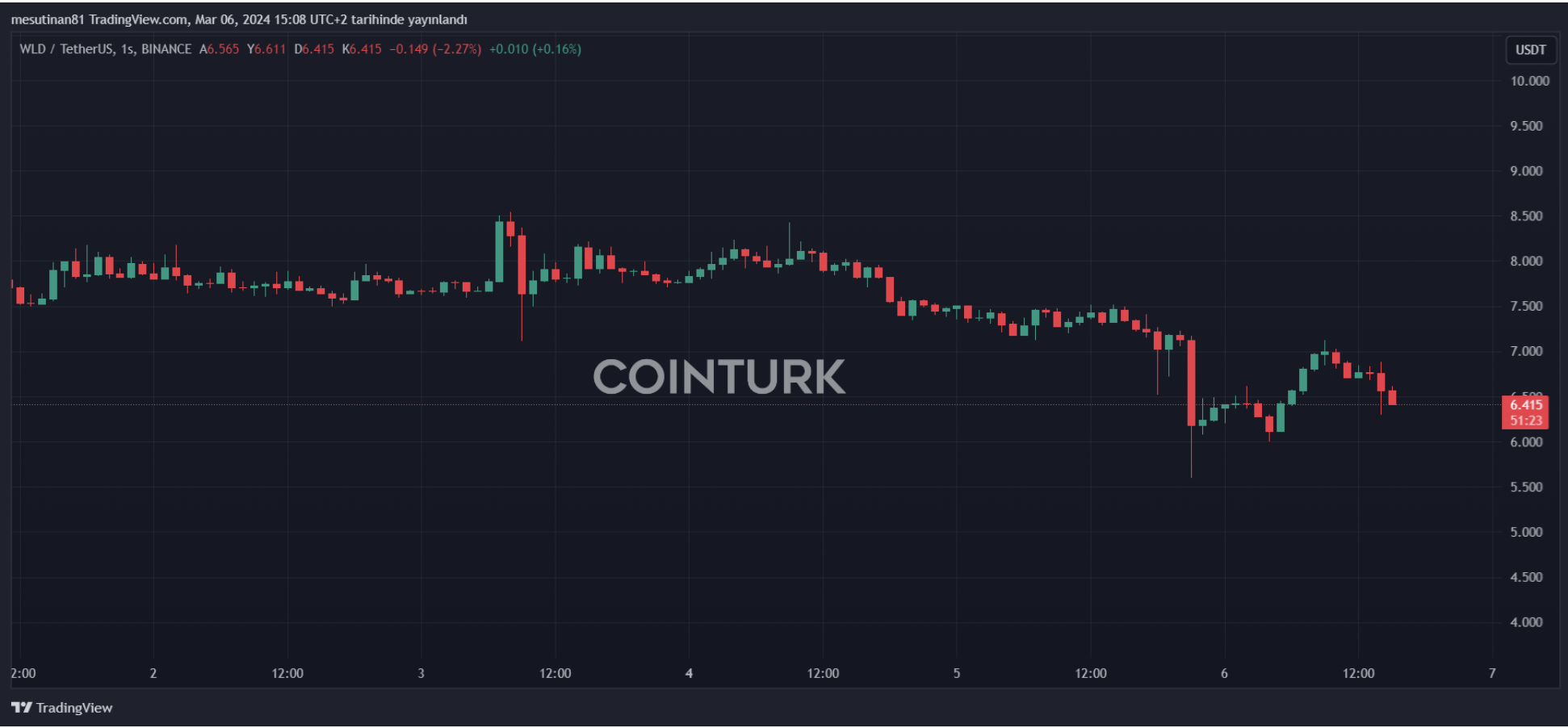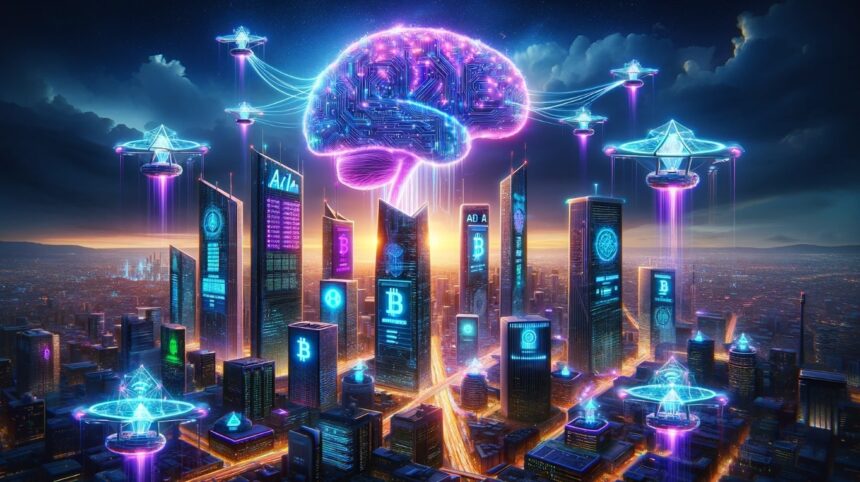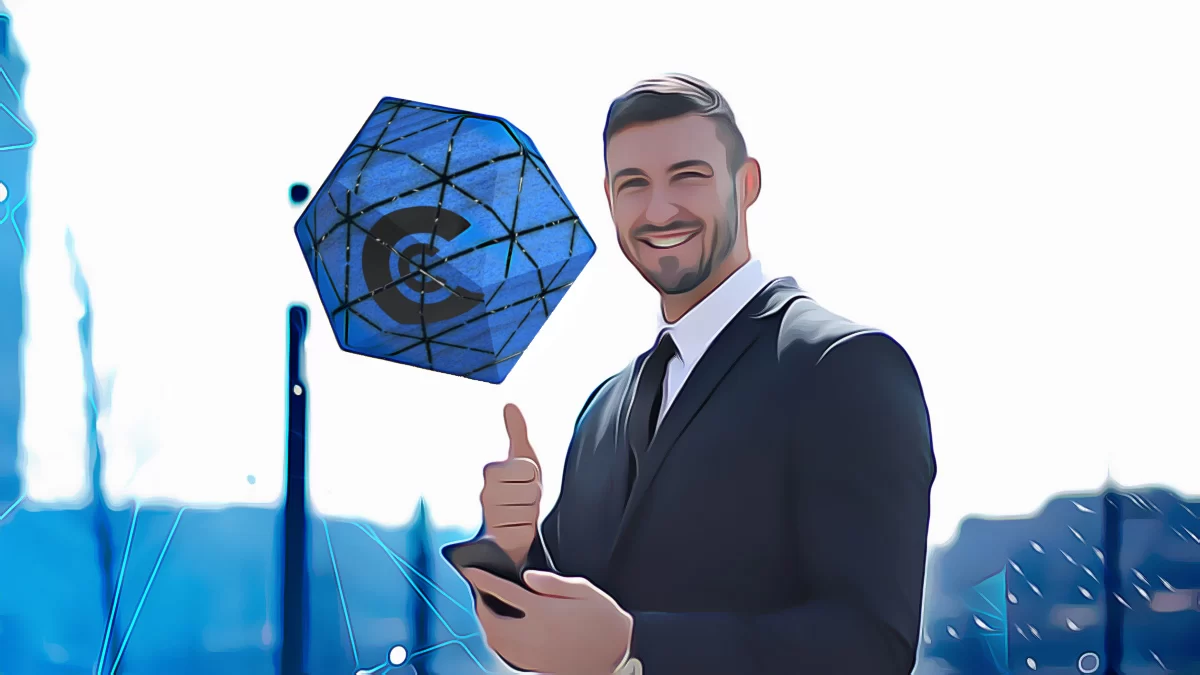Worldcoin, the cryptocurrency project founded by the president of OpenAI, has raised the concerns of regulators around the world. One reflection of this concern came from Spain. Spain has taken action to block Sam Altman’s cryptocurrency project Worldcoin. The move is the latest blow to an initiative that has caused controversy in many countries due to plans to collect customers’ personal data using an iris scanning “sphere”.
Bad News for the Worldcoin Project
Spain’s data protection regulator AEPD has demanded that Worldcoin immediately stop collecting personal information in the country and stop using the data it has already collected. The regulator announced the “precautionary measure” on Wednesday and gave Worldcoin 72 hours to comply with the order.
The AEPD raised concerns late last year about minors using the technology, prompting Worldcoin to implement new age verification tests. According to a statement released by the Worldcoin team, founded by Altman in 2019, the following information is provided:
Worldcoin doesn’t want to know who an individual is; it just wants to know that they are unique. Worldcoin doesn’t want any passports, email addresses, phone numbers, addresses, etc.
Orb uses a high-resolution snapshot of the iris and converts it into an iris code, a numeric code that proves that the individual is a unique human being. After the creation of the iris code, the images are completely deleted by default. Individuals can opt to have images saved, but these images are never sold or used for marketing purposes.
Once an individual has verified their uniqueness in an Orb, they receive their verified World ID in the World App, allowing them to prove their unique humanity without ever revealing who they really are. World ID can be used to verify humanity through integration with various online apps and services, including Discord, Shopify, Minecraft, Reddit and Telegram, and will soon be integrated with Mercado Libre. Individuals verified on an Orb can then also choose to claim free WLD tokens. All information for grant programs is available in the app.
Scans are being used as a form of identification as artificial intelligence looks to create a reliable mechanism to differentiate between humans and machines as it develops further.
What Does the Regulator’s Decision Mean?
The Spanish regulator’s decision is the latest blow to the goals of OpenAI boss and Worldcoin co-founders Max Novendstern and Alex Blania after a series of problems they have faced elsewhere in the world.
At the point of launch last summer, the San Francisco and Berlin-based start-up avoided launching its cryptocurrency WLD in the US due to the country’s harsh crackdown on the digital assets sector.
The Worldcoin token is also not available in major global markets such as China and India, while watchdogs in Kenya ordered the project to cease operations last year. The UK Information Commissioner’s Office had previously said it would investigate Worldcoin.

Following this development, the cryptocurrency WLD is trading at $6.46, down 12%.
Statement from the Worldcoin Team on the Issue
After writing this article, data protection officer Jannick Preiwisch from the Worldcoin team provided the following information about the problem they encountered in Spain:
World ID was created to give people access, privacy and protection online. It is the most privacy-preserving and secure solution to defend humanity in the age of artificial intelligence, and we are always ready to interact with regulators, review their feedback and answer their questions.
We have been in contact for months with the Bavarian data protection authority (BayLDA), the lead supervisory authority under the GDPR for Worldcoin Foundation and Tools for Humanity. The Spanish data protection authority (AEPD) is breaking EU law and spreading false and misleading claims about our technology globally with its current actions, which are limited to Spain and not the EU as a whole. Our efforts to contact the AEPD and provide them with an accurate view of Worldcoin and World ID have gone unanswered for months. We are grateful to now have the opportunity to help them better understand the important facts about this essential and legal technology.









